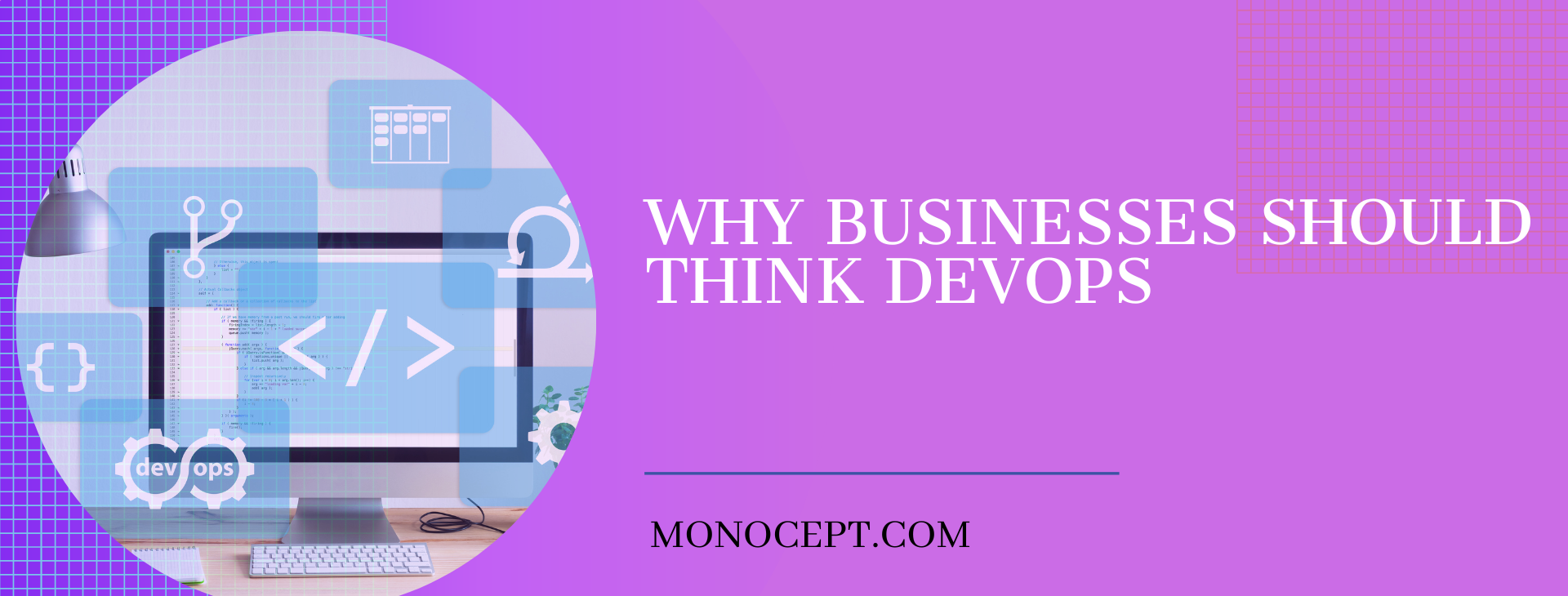Is your business ready for DevOps ?
We’ve discussed at length the various benefits tech companies stand to enjoy by adopting the DevOps model for software development. When developers, operation engineers and testers work together and are equally responsible for releasing a competitively superior product while consistently maintaining its integrity and quality across all platforms and devices, processes become more streamlined and efficient, helping the organisation progress and grow at a faster pace.
Even as businesses rapidly adjust their teams and development philosophies to adopt the DevOps approach, it is important to accept that DevOps is still a young and evolving field that changes constantly — after all, DevOps will only turn 10 in 2018! While embracing DevOps, tech entrepreneurs have to be ready and willing to evolve as the field evolves, if they wish to remain relevant and true to the guiding principles of this development philosophy. Due to the dynamically changing nature of DevOps and the principles guiding the approach, its implementation can pose several challenges for businesses investing in restructuring their teams.
Here is an overview of the most pressing challenges posed by DevOps:
DevOps does not just require a restructuring of teams, it needs a cultural shift to be successful
There is no doubt that creating a cross-functional team of developers, operation personnel and testers improves the agility with which an IT product is delivered, but DevOps is not something that can be enforced overnight. A 2017 survey by software company Pensa led to some revealing discoveries: it found that people-related issues and company culture were the second-largest barriers for companies to be able to adopt DevOps successfully, behind only a paucity of budgets. So, while exacting feedback loops, shorter sprints and regular usability testing are great theoretically, companies need to double down on their efforts to integrate DevOps into the way its departments think, instead of being forced to function. Employees need to understand how DevOps add value to their own processes by giving each member of the team more room for self-improvement and learning through strategic problem solving. Only then can DevOps succeed as a tool for digital transformation.
It is imperative to choose the right products for DevOps deployment
The DevOps approach can save time and increase efficiency, but only when the right projects have been selected for its deployment. Automation plays a significant role in the DevOps model — used to create a platform that ensures continuous integration and delivery, while being monitored and tested automatically. This can be a rather complex and daunting system, especially in the early adoption stage. If they choose a very big project for DevOps integration in the initial stages, companies run the risk of incurring losses due to the errors caused by a complex build and run of a pre-production and on-production environment. It is important to start small and progress to more sophisticated application landscapes than to crash and burn right in the beginning.
Moving away from legacy systems can be tough
Striking a balance between new, higher quality hardware and software with older, existing legacy infrastructure and applications can be a big ask, especially when the existing systems have served the business well and helped it reach its current position in the market. In addition to training personnel to adopt the DevOps way of thinking, organisations need to work on phasing out legacy apps, so that they don’t interfere with newer, more efficient products that are built to adapt to changing markets and customer needs. Maintaining legacy systems can be time-consuming and lead to stability issues in an environment of continuous innovation.
To know more drop a mail at info@monocept.com.





















































































